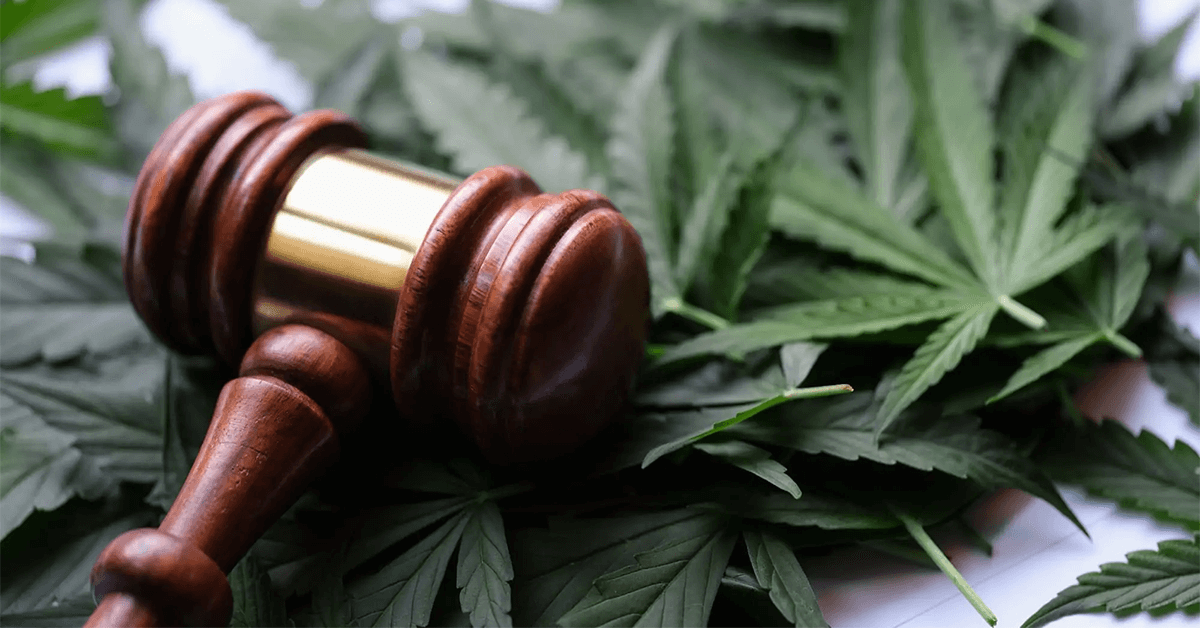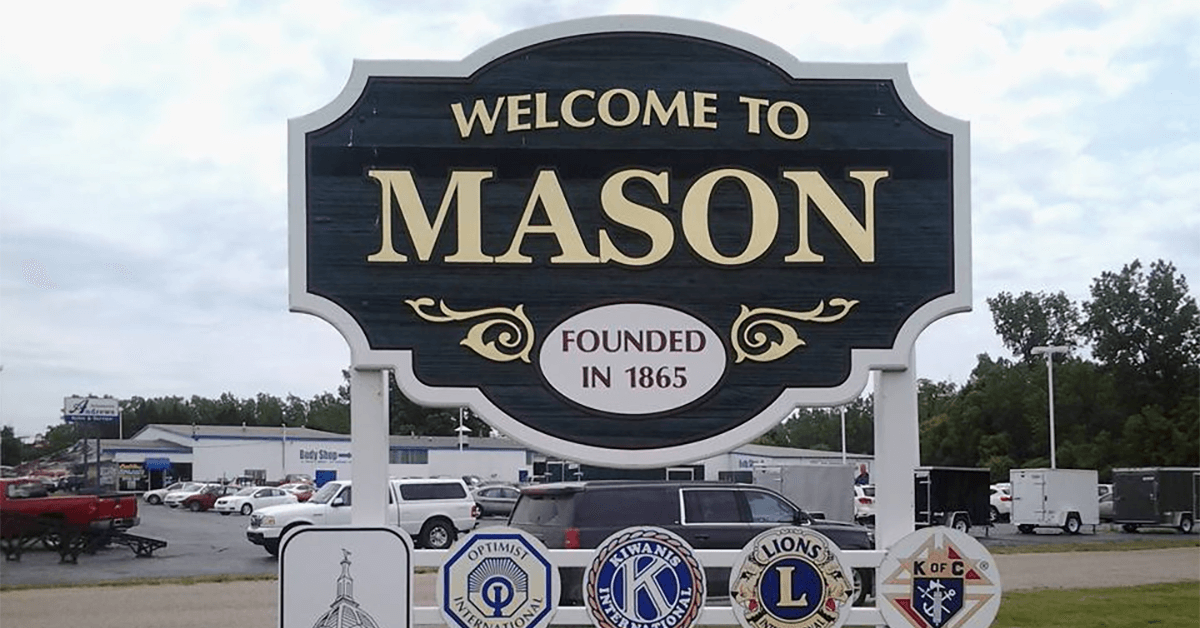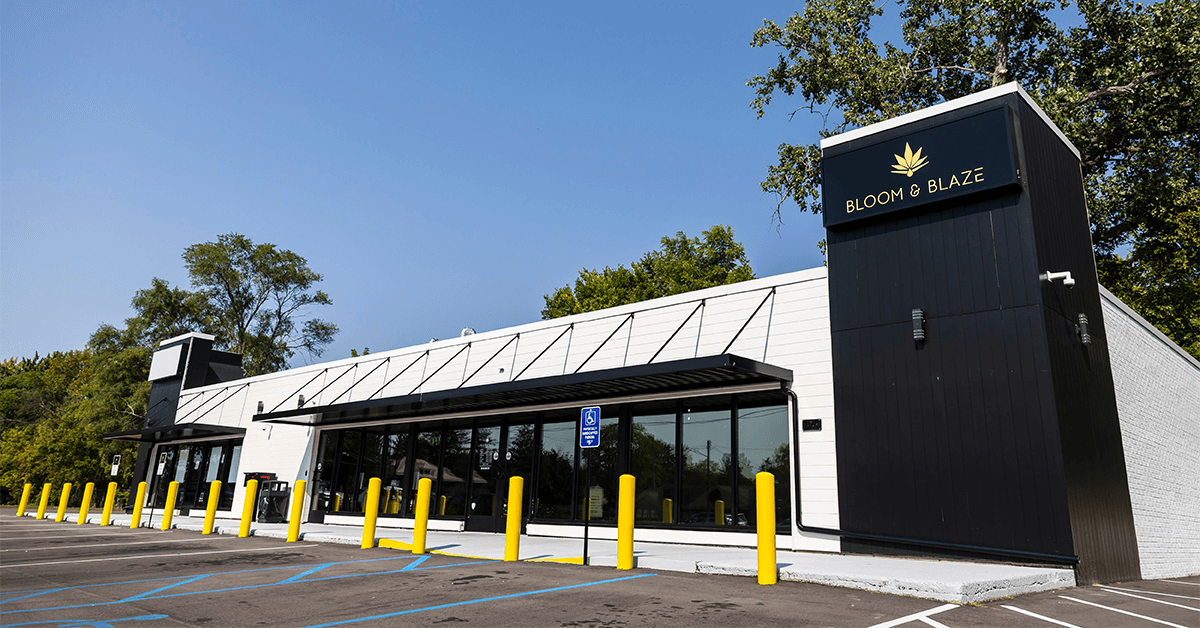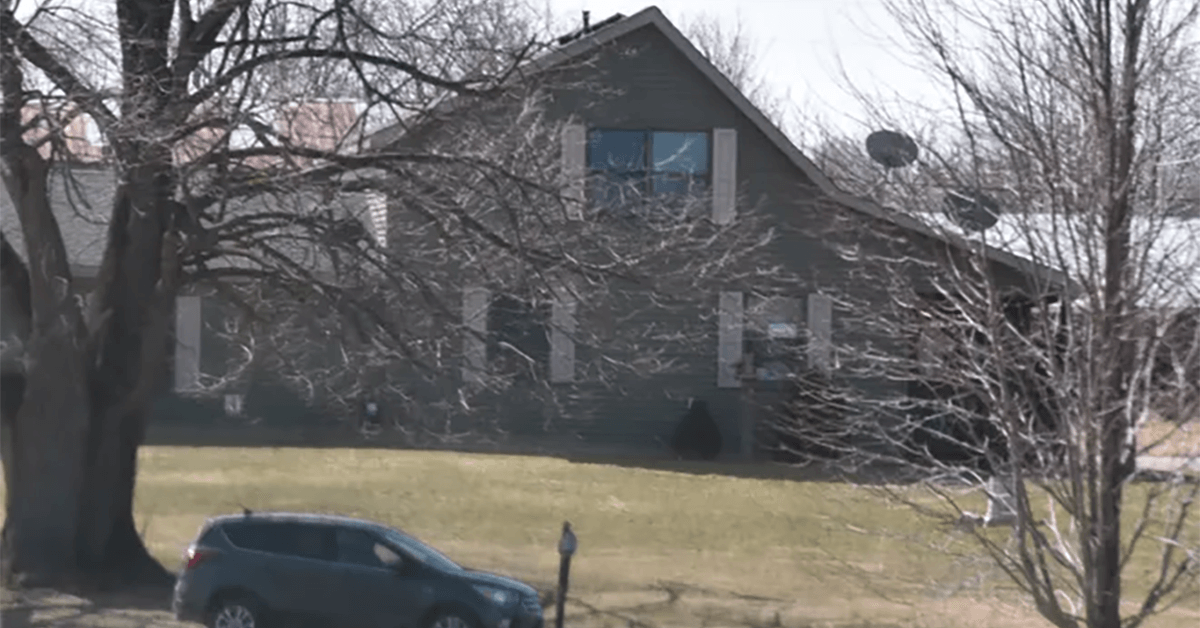The Phoenix Effect in Bay City as Dispensaries Multiply Amid Closures

Since Michigan first legalized the sale of recreational cannabis, the landscape in Bay City has seen dramatic changes. Initially, local authorities anticipated that a modest number of dispensaries—just five—would suffice to meet the needs of consumers. However, nearly seven years on, the cap has escalated drastically to 50, reflecting the unanticipated growth in demand.
Despite this increase, the market dynamics have begun to settle. An influx of dispensaries across the state has led to a drop in cannabis prices, and subsequently, tighter profit margins. Currently, 17 out of the 50 dispensary licenses in Bay City have been issued, but no new applicants are emerging.
Terry Moultane, the city's planning and zoning manager, observed that the market is beginning to stabilize. "Even 50 was an unrealistic number for a population of this size," Moultane commented, noting that prime real estate for new dispensaries has become scarce, influencing where businesses can establish themselves.
In response to these market pressures, local business owners like Lyndia Matthews of Native Son Detroit have had to pivot their strategies. Matthews found that despite using Weedmaps—a popular online directory for cannabis dispensaries—to attract customers, the return on investment was insufficient. This led her to shift towards more direct forms of marketing such as digital advertising, local online promotions, and mail campaigns. "I want my money to work a little harder for me than what Weedmaps was doing," she explained.
The fluctuating market has seen many dispensaries open and close quickly, as not all are prepared for the slow pace of profit-making in this industry. "They're still coming into Bay City, but if you're not managing your business the way you need to, then yeah, you're going to be out of business," Matthews stated, emphasizing that success is not solely about offering low-cost products but also maintaining high quality.
Native Son Detroit has managed to stay afloat thanks to exceptional customer service and a strategic approach to pricing and staffing. Matthews operates with a cost-effective mindset, employing only part-time staff to keep overhead low—one of whom returned to her after leaving for a full-time position elsewhere that did not last.
As the industry looks toward potential federal legalization, Matthews is optimistic about expansion opportunities, suggesting that businesses like hers are positioning themselves advantageously for future developments.
Bay City officials like Moultane acknowledge ongoing challenges such as odor complaints from residents and minor regulatory infractions. However, the overall relationship between the city and its dispensaries remains positive.
As Bay City prepares for the annual April 20th "Weed Day" celebrations, Matthews anticipates a festive atmosphere with long lines, live music, and community barbecues, showcasing the city's robust engagement with its growing cannabis culture.
Share this article:
Spotted a typo, grammatical error, or a factual inaccuracy? Let us know - we're committed to correcting errors swiftly and accurately!








 Helpful Links
Helpful Links